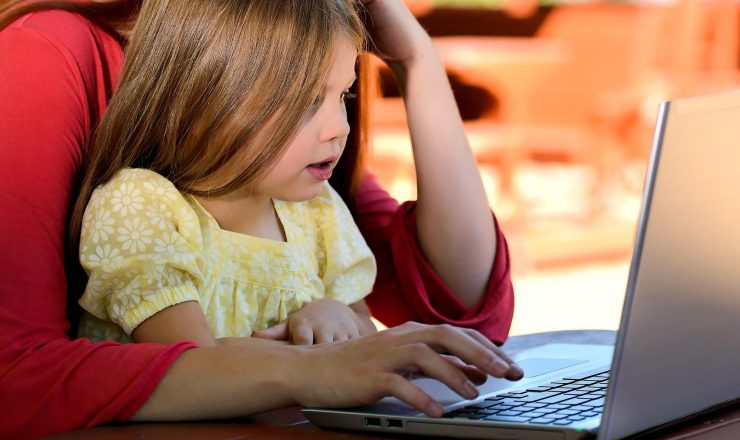Recently, I was fortunate to have the opportunity to speak to the Canyon Ridge Middle School PTA members at their monthly meeting. Specifically, I was asked to speak on Anxiety and Children. As a parent of a middle school child and therapy provider for adolescents, this subject is more than relevant to me.
In my therapy practice and in my home, I see the increasing social and academic pressures for our kids. Recently, a poll conducted by NPR along with the Robert Wood Johnson Foundation and the Harvard School of Public Health, found that nearly 40% of parents said their high school kids are experiencing a lot of stress from school. Specifically, longer homework sessions, high stakes testing, and more competitive college admissions are the drivers. In my own school district and community, the options for extracurriculars are countless and the sizeable academic menu of choices is growing.
I realize that my children are incredibly fortunate to have these amazing opportunities. I also realize that with great opportunity comes great responsibility. How can I help my child find the balance between exposure to these resources and the ability to manage their schedules without creating an environment that is overwhelming and anxiety provoking?
These are questions, of course, that families have to answer for themselves. Just as individual families have varying priorities, children vary on the types of schedules they can manage.
To be sure, adolescence is an anxious time. As a parent, we can play a key role in how our children experience anxiety. Some things we can do as parents are:
- Recognize and help children identify anxious feelings
- Help children develop coping strategies
- Express positive and realistic expectations
- Validate feelings but don’t empower them
- Encourage tolerance of anxious feelings
- Model healthy ways of managing stress and anxiety
By helping our children to identify and express their anxious feelings, we can begin to address concerns. Like all uncomfortable emotions, anxiety is a normal response that serves a purpose. Helping our children label and express their feelings can be anxiety reducing. Learning to recognize, express, tolerate, and manage anxiety is a priceless skill. As role models for our children, coping with our own stress and anxiety can serve as a valuable example.
Parents can model good stress management by making sleep, nutrition, and exercise a priority. We can learn to recognize our personal limits for demands of our time and resources and set healthy boundaries. And, when indicated, we can utilize professional resources like school counselors or independent therapists.
If you think your child may have an issue with anxiety, there are several symptoms you may notice. Behaviorally, teens may engage in unhealthy coping behaviors such as drug and alcohol use. They may limit or avoid activities in an attempt to reduce anxiety. Physically, teens may report sleep disturbances, headaches, stomach aches, or symptoms such as racing heart, dizziness, and muscle tension. You may notice that symptoms are consistently very intense and go on for a long period of time. Contacting a professional therapist can be of value in assessing the severity of the anxiety and determining if counseling is indicated.
As parents, we are instrumental in helping our children become healthy, resilient individuals. By setting realistic expectations and helping our children to prioritize their schedules we can teach them to set healthy limits and not over extend themselves. We can teach them to tolerate and manage their own anxiety. And, when necessary, we can seek out professional help.
Shelley Coleman M.A., L.P.C.-S.
Shelley Coleman is a Licensed Professional Counselor and Supervisor. She is in private practice in Lakeway where she provides play therapy, child and adolescent counseling, family therapy, group therapy, and parent education. She can be reached at shelleybcolemalpc@gmail.com








